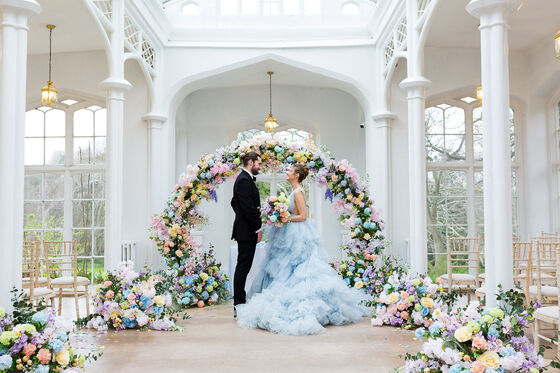They say a lot about time. Time is a healer. Love takes time. But however you view and experience the passage of our days and years, one thing remains clear: the hands of time shape everything – including our relationships.
Reflect upon the journey with your love from your beginnings to today and you’ll realise that changes have occurred. It might be your circumstances such as where you live, or a gradual strengthening of bond having shared lives, fears, events, passions and the routine every day for a protracted period of time together.
Marriage continues to meld your relationship as you move through life and time as a couple. How you feel one year after your wedding is unlikely to reflect your emotions and state of relationship after five, 10 or 20 years of matrimony – so regular reviews both with your self and your partner are a must in order to identify and deal with any issues, and to ensure that you’re still somewhere on the same page of your original love story.
As individual desires and needs can alter over time – from our careers and financial situation to our health – so we must proactively relate and adjust to the effects of these changes on our relationship. The old adage ‘adapt to survive’ may be no more pertinent than when it comes to matrimony.
Specialising in Imago Relationship Therapy that focuses on helping couples to heal from conflict and develop intimacy, communication and empathy, Dr Kalanit Ben-Ari expertly answers our questions on what to expect both during the first few, and through multiple decades of marriage.
Revealing the common problems faced by couples throughout the years, she imparts vital advice on how to safely encounter, negotiate and work through any issues to promote a marriage full of openness, joy and longevity.
What are the hallmarks of a healthy marriage?
“The hallmarks of a healthy marriage include respect, trust, intimacy, friendship and the establishment of healthy communication habits. Additionally, nurturing the relationship and fostering mutual growth are essential components.”
What are the best ways to maintain one? And what should you do if you encounter any problems?
“The best ways to maintain a healthy marriage involve being honest and communicating your feelings in a manner that feels safe to your partner. It’s the small habits of connection, care and love between couples, rather than necessarily the big events, that matter most. This includes developing listening skills and the capacity to work through differences to grow from conflicts. Investing in connection and joy, addressing issues directly without dwelling on them or ignoring them, and moving on after resolving them are key to deepening intimacy and moving to the next level of connection. View yourself and the relationship with the lens of ‘team spirit’ rather than competition or enemies.”

iStock.com/RealPeopleGroup
What are the most common problems and causes of argument or marital breakdown in general and over time?
“In general, and on the surface, couples in long-term relationships may disagree on matters such as money, intimacy, parenting approaches, relations with in-laws and trust. Beneath these conflicts often lie deeper, unresolved childhood emotional needs that manifest in adult relationships, challenging partners to heal past hurts and move towards a more conscious relationship and real love.
Over time, various phases introduce unique challenges. The first year involves adjusting to married life and finding a balance between individuality and partnership. The subsequent years, especially with the arrival of children, can dramatically shift responsibilities, identity and focus. With all the changes in place – from sleep deprivation to shifts in priorities, roles and responsibilities to emotional overwhelm – it takes a couple, on average, a year to regain balance. Then, many couples experience a shift in power dynamics, such as who continues to climb the career ladder and who devotes more time to home and children. If couples do not continue investing in and prioritising their relationship, an emotional disconnect may develop. Later on, couples reach another milestone when the children leave home, a phase known as the ‘empty nest’. Couples who haven't prioritised their relationship might find the vacuum and emptiness challenging. However, it also presents an opportunity to rediscover oneself and each other in a more mature love.”
What should couples expect to see change throughout their marriage over time? And what are the best ways to adapt to these new/different demands or individual changes?
“Couples might notice a drift from initial habits of care, romance and love towards increasing demands and criticisms. The honeymoon phase, typically lasting around nine months, gives way to stages of power struggles. Successfully navigating this phase involves growing into a conscious, meaningful and connected relationship. Long-term relationships will inevitably face challenges; the key is to develop the skills to repair and reconnect, viewing the relationship as a journey of discovery. Mutual respect (whether in agreement or disagreement), commitment and a proactive approach to nurturing the connection are vital.
Ensure you have regular check-ins about the health of the relationship: what works well in the relationship? What can you both improve upon? What is your priority at this stage of the relationship? What can support you? What is your vision for the relationship? Are your behaviours aligned with your intentions for the relationship? What do you need to let go of?
Aligning actions with intentions are essential strategies for adapting to life’s changes such as ageing, career shifts, illness and financial concerns, just to mention a few possibilities. Love is an action, a verb, requiring ongoing devotion and care to sustain the bond.
Encouraging individuals’ passions and hobbies outside the relationship is also important. This will recharge you and bring new excitement and interest to the space between you.
If faced with a conflict that you cannot find ways to work through, do not delay; reach out to a relationship therapist to support your journey of repair and healing. And, of course, sign up for my online course ‘Awakening Love’.”
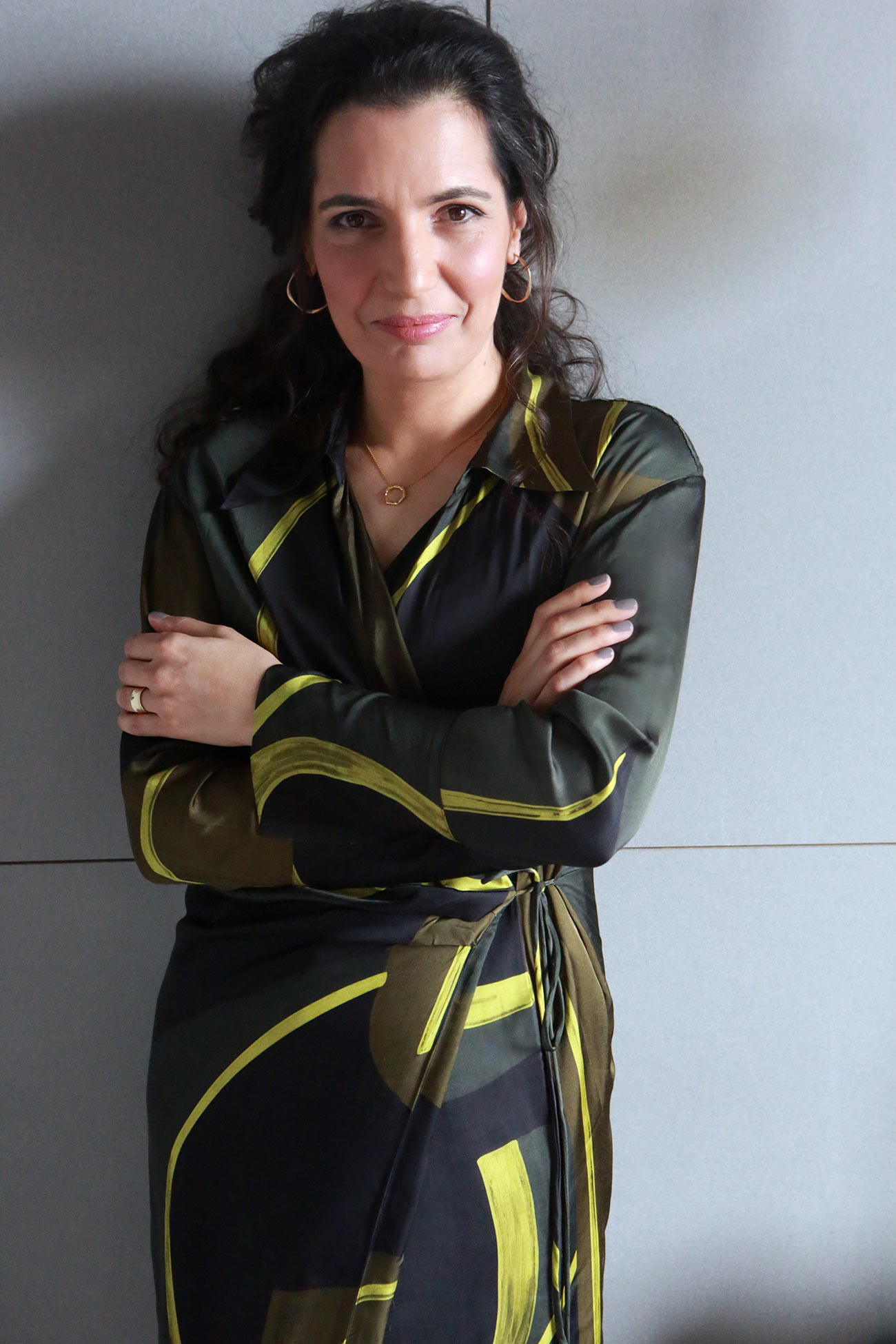
Dr Kalanit Ben-Ari
kalanitbenari.com
Main image iStock.com/dmbaker
words Hannah May

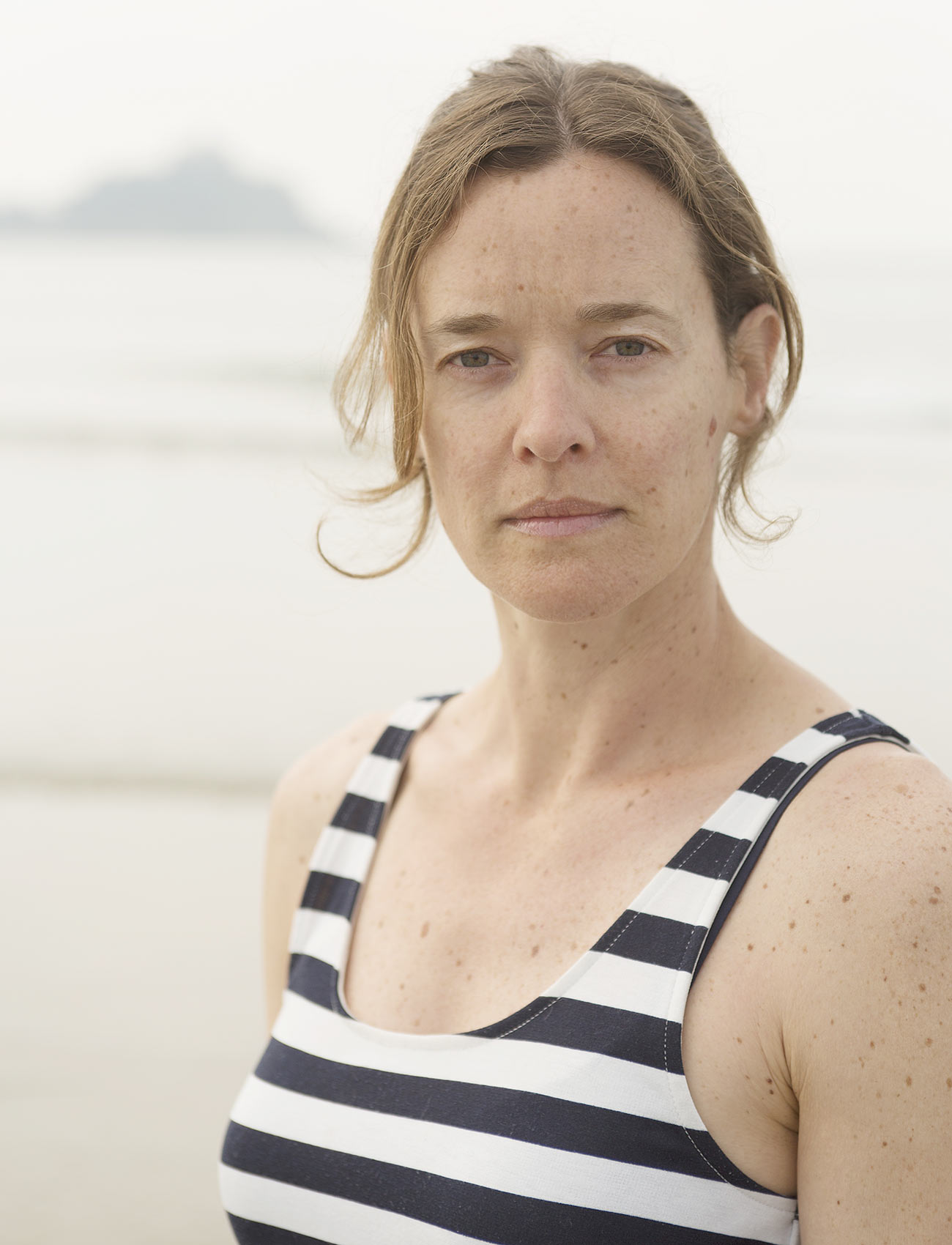

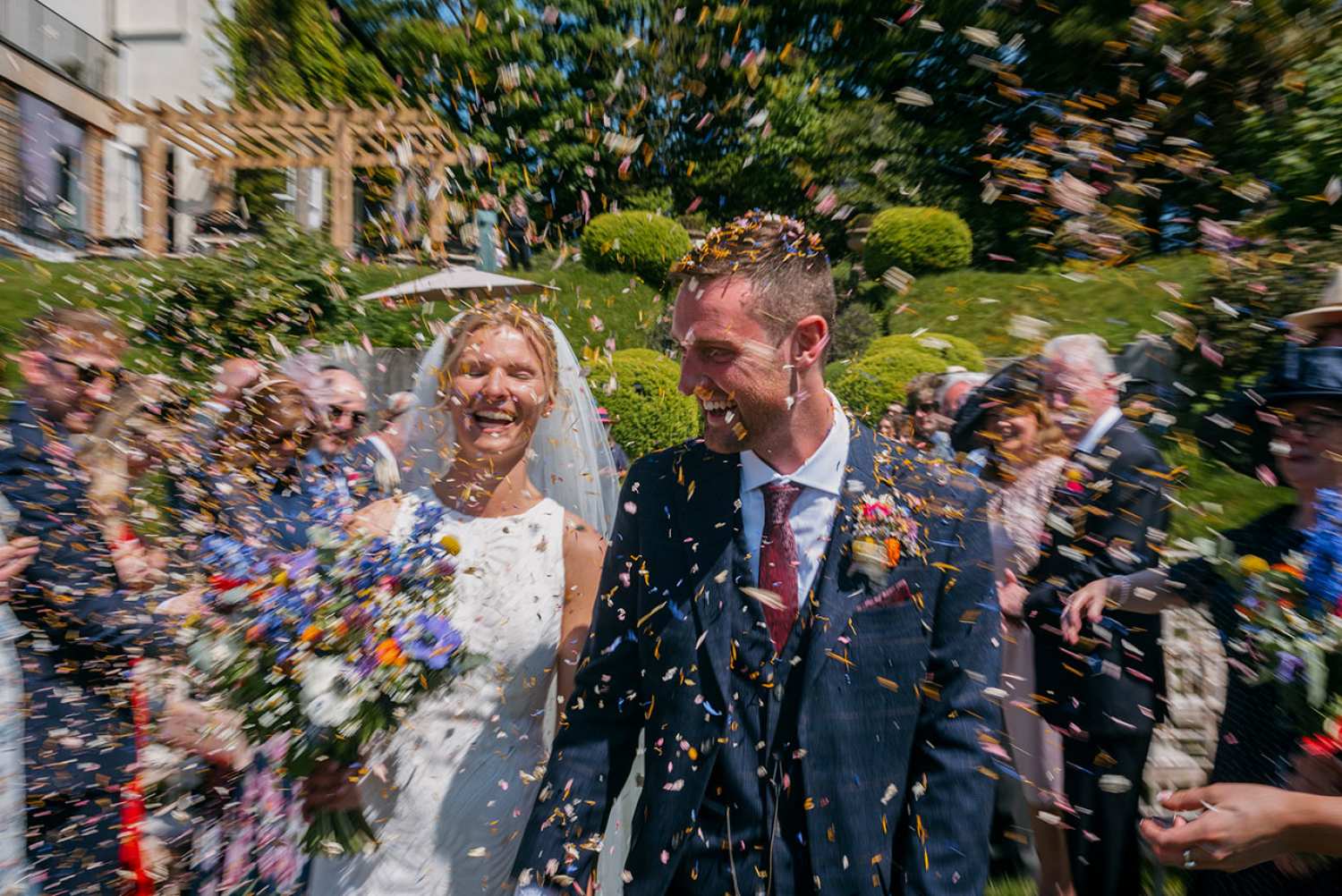



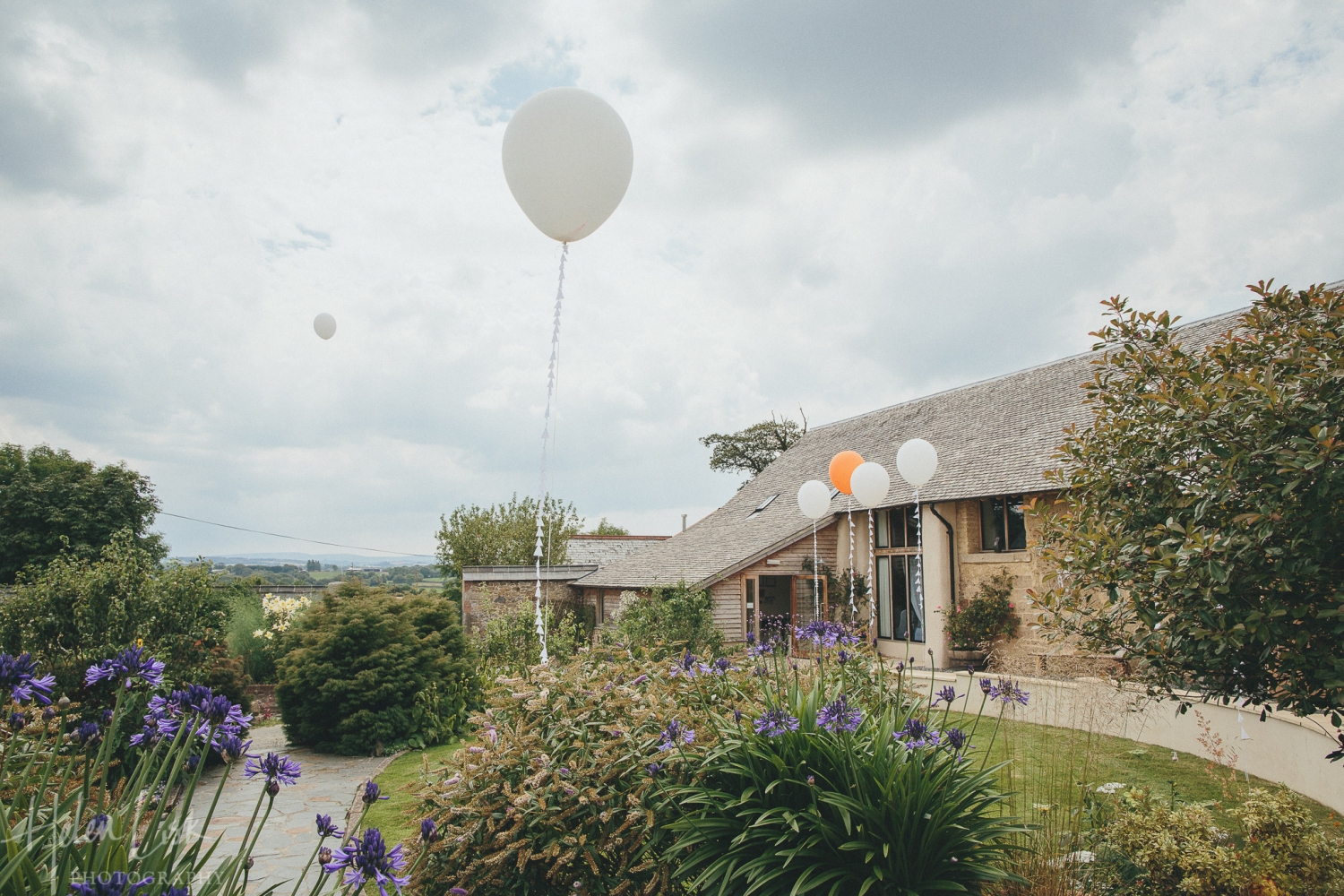
.jpg)



.jpg)
